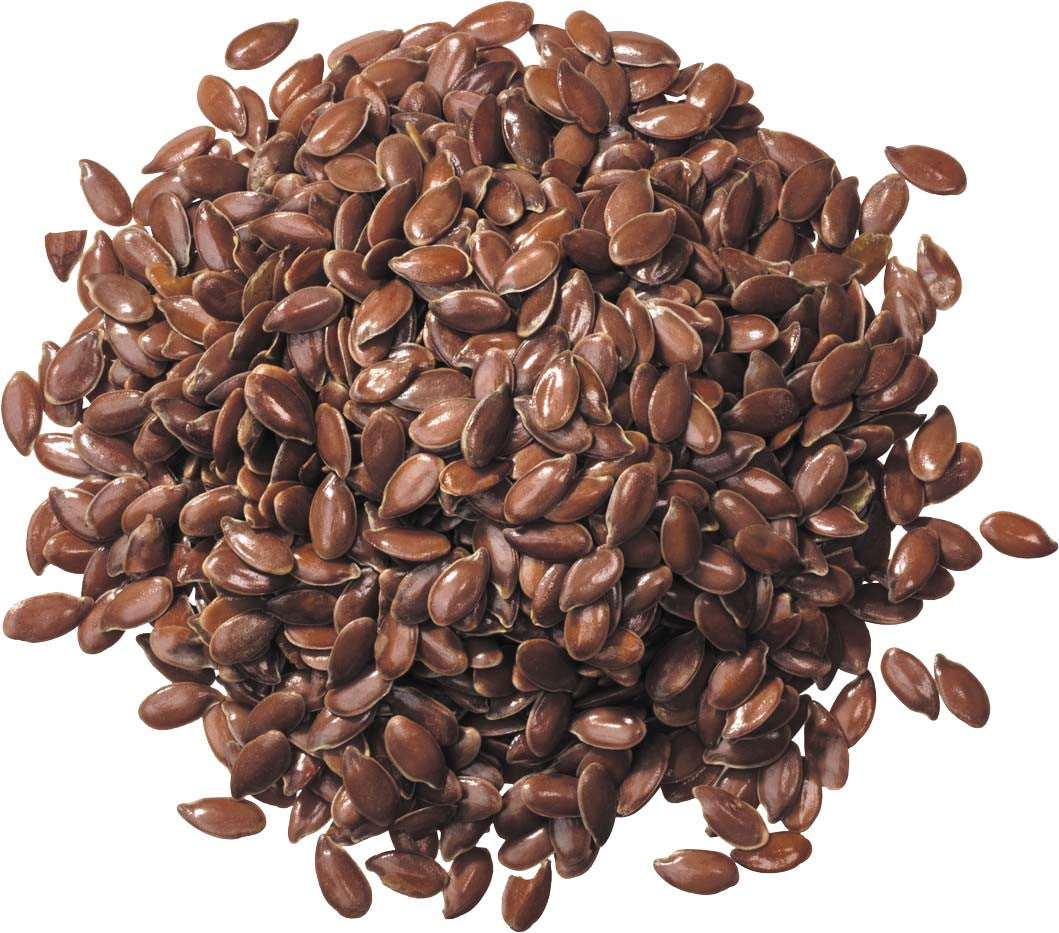🌾 Flax Seed (Linum usitatissimum)
Plant-Based Omega-3 Superseed — Heart, Hormone & Digestive Support
Also known as Linseed, Flax Seed has been cultivated for thousands of years as both a nutrient-dense food and powerful herbal ally. Originating from the ancient Mediterranean and Egyptian regions, flax remains one of the richest plant sources of alpha-linolenic acid (ALA) — a heart-supportive omega-3 fatty acid — along with fiber, lignans, and plant protein.
Traditionally used to support digestive regularity, heart health, and hormonal balance, flax seeds are a functional staple in holistic nutrition. Their high mucilage content gives them a soothing, bulking quality that promotes gut health and healthy elimination, while their lignans act as natural phytoestrogens, supporting women’s wellness and antioxidant protection.
✨ Flax Seed Benefits
-
Promotes heart and cardiovascular health
-
Supports healthy cholesterol levels and circulation
-
Aids digestive regularity and gut detoxification
-
Helps maintain balanced hormones and menopause comfort
-
Provides plant-based omega-3 fatty acids (ALA)
-
Supports joint health and reduces inflammation
-
Nourishes skin, hair, and nails naturally
-
May help balance blood sugar and support weight management
🍵 How to Use
-
Ground Flax: Add 1–2 tablespoons daily to smoothies, oatmeal, or baked goods.
-
Flax Tea: Steep 1 teaspoon of whole seeds in hot water for 10 minutes; strain and drink warm.
-
Flax Oil: Use cold-pressed flaxseed oil in salad dressings or drizzle over vegetables (do not heat).
💧 Always consume ground flaxseed with plenty of water to support digestion.
⚠️ Safety & Considerations
-
Pregnancy & Breastfeeding: Avoid large doses without medical supervision — flax may act like estrogen.
-
Hormone-Sensitive Conditions: Consult your provider if you have breast, uterine, or ovarian conditions, or endometriosis.
-
Bowel Issues: Avoid flaxseed if you have bowel obstruction or severe inflammation.
-
Medications: Flax may interact with blood thinners, diabetes medications, and hormone therapies.
-
Children: Use under supervision; adjust dosage per healthcare guidance.
-
Do Not Consume Raw or Unripe Seeds — may cause toxicity.
💡 Toxic Freedom Tip
Add Flax Seed, Chia Seed, and Maca Root to your morning smoothie for a hormone-balancing, omega-rich blend that supports heart health, energy, and digestive vitality. 🥄✨
Trending Now
Fresh Arrivals
Stay Connected
Subscribe to receive updates on new products, wellness tips, and exclusive offers. Be the first to know about limited releases and special events.
We respect your privacy and will never share your information.
Follow us for daily wellness inspiration and community stories.


















